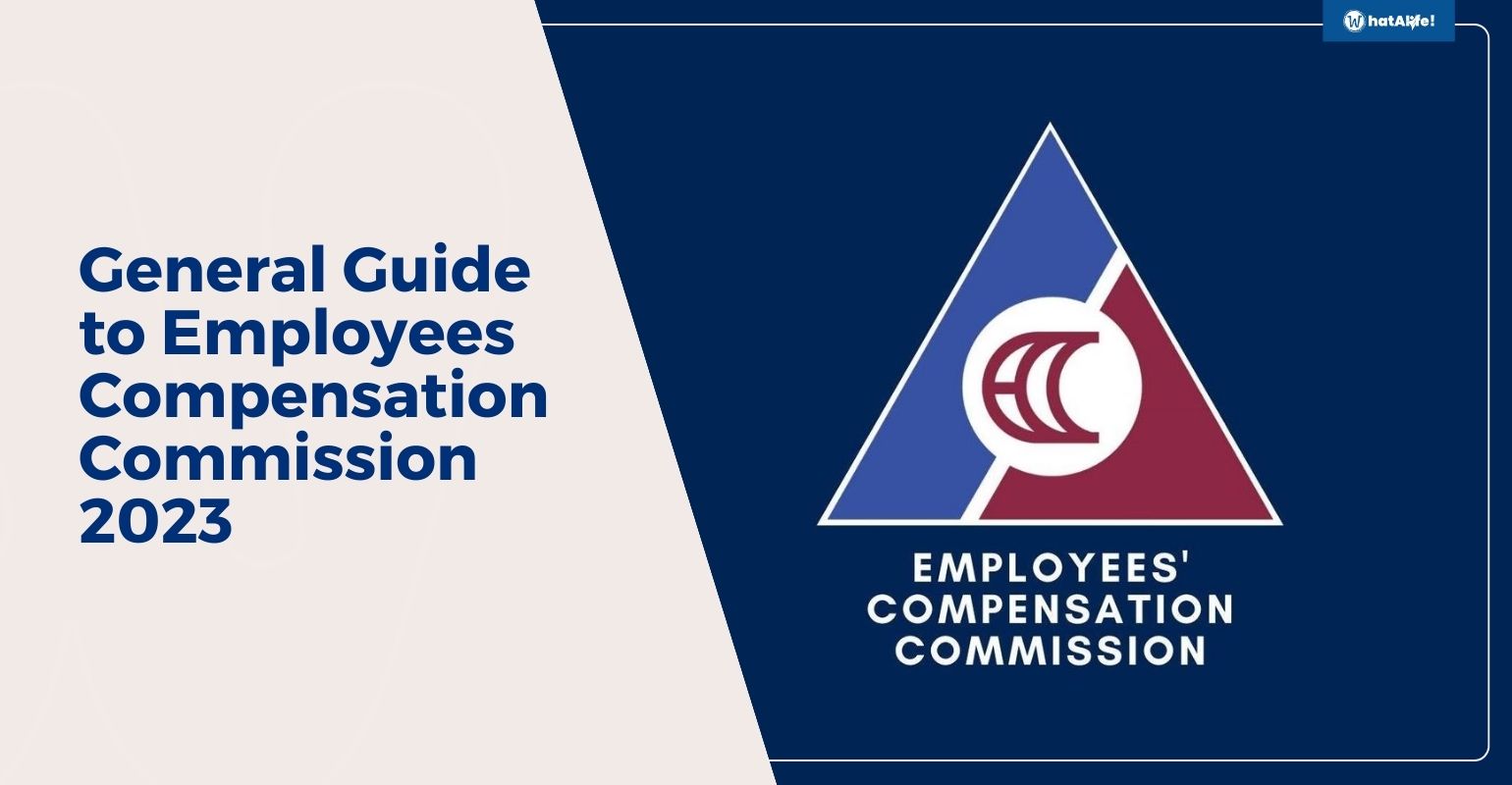Estimated reading time: 4 minutes
The Employees Compensation Program (ECP) is a crucial protection for employees in risky occupations. The government designed the program to provide financial security and support to employees who sustain work-related injuries, illnesses, or damages.
The EPC also serves as a crucial safety net for workplaces. They reassure employees that should anything happen to them, they will receive assistance for their injuries or illnesses that occur during their work. This guide will address what is the Employees Compensation Program, its benefits, and how to obtain the claim.
What Is Within The ECP?
The Employees Compensation Program revolves around various elements that ensure fair and competitive financial compensation that is provided to specific employees. Additionally, the program’s framework is designed to properly address the employee’s compensation and how much it will be adjusted should a possible situation arise.
Key components within an ECP include employee salary, bonuses, benefits, and other forms of compensation. Local state and federal authorities also set up the legal requirements and regulations under the ECP. It helps safeguard both the employer’s and employee’s rights and interests.
In implementing the ECP, employers must navigate legal parameters and requirements to establish equitable compensation practices. Looking into legal parameters also avoids potential liabilities and fosters a harmonious work environment.
Benefits Under The ECP
There are several benefits under the Employees Compensation Program, which are designed to enhance the well-being and advantages of the employees. It is worth noting that the ECP Benefits are not eligible for matters such as:
- Intoxication or drunkenness
- Willful intention to injure oneself or others
- Notorious negligence
The benefits under the ECP can also be used simultaneously with benefits under the Social Security System program (SSS). These benefits include:
Loss of Income Benefits
Under the ECP, the compensation goes to the employee’s disability or incapacity to work instead of the illness or injury. Under this benefit there are three different types:
- Temporary Total Disability (TTD): This is for employee(s) with disabilities that prevent them from performing work for a continuous period that doesn’t exceed 120 days. The daily income benefit shall be 90% of the employee’s average daily salary credit.
- Permanent Total Disability (PTD): This benefit is provided monthly and is granted for permanent disabilities. The system, based on average monthly credit, will determine the amount.
- Permanent Partial Disability (PPD): This monthly benefit is granted to disabilities such as physical or functional loss of a body part(s). Amounts are determined according to the specific body part or functional loss, as Article 193 of PD No. 626 outlines.
Medical and Rehabilitation Services
The financial claim can be reimbursed for medical and healthcare expenses associated with the illness or injury. The payment benefits can also be used to cover the services provided by hospital care, surgical expenses, and rehabilitation.
Carer’s Allowance
This benefit is provided to an employee who suffers a permanent total disability arising out of employment, the extent of which is such that they couldn’t perform basic needs without an assistant or carer.
Death
Should employees die due to work-related injuries or sickness, their beneficiaries are entitled to take the income benefit. Beneficiaries shall receive compensation at the beginning of the month of death and will continue for as long as they are entitled to receive such.
Filing of Claims
The filing of claims under the Employee Compensation Program involves a specific procedure, which is subject to change over time. Here are the general steps in filing claims:
- Report the Injury or Illness: Notify your employer immediately regarding the injury or illnesses received during work.
- Get Medical Treatment: Visit nearby medical facilities and keep records of all medical treatment and other medical documents related to the work-related injury or illness.
- Notify The Employer: Provide further notice to your employer about the injury or illness with details such as the nature and how it occurred.
- Complete the Form and Submit the Claim: The employer should provide a specific form for the ECP claim. The form should be filled out and submitted to the appropriate insurance provider or authority in processing ECP claims.
- Medical Examination: Depending on the nature of the injury, ECP may require you to undergo a medical examination to assess the extent of the matter.
- Review and Decision: Relevant agencies will review your claim and make a decision based on provided documents and reports.
- Receive Compensation: You need to follow specific procedures that the ECP outlines. If the claim is approved, you will receive your compensation.
The claimant may file all ECP claims in any GSIS Regional Office or SSS Branch nearest to the place of work or residence. Should the claim be denied, the claimant can request for reconsideration.
Conclusion
In summary, the Employee’s Compensation Program is made to be the answer and solution for employees who are injured or get sick due to work-related matters. The program offers a well-rounded structure supporting employees’ financial needs and holistic welfare.
Also Read: GUIDE: How to Set Up Dito SIM

Leave a Reply